Extending Moodle
One of the strengths of open-source software like Moodle is the ability to adapt and extend its functionality. When done carefully, these developments can become part of Moodle’s core codebase—ensuring sustainability, avoiding maintenance overhead, and benefiting the entire global community of users.
The Challenge
At the University of Bath, we identified a long-standing issue: managing assignment extensions while preserving student anonymity. Specfically, how can you grant extensions to students if they are displayed anonymously within the submission point?
While a workaround existed, it came with its own challenges. Students needing extensions were placed into a group, and staff would then filter the anonymous assignment by that group to apply the extension. However, this method had a critical flaw—students could see who was in the group. Without careful naming, this risked exposing which peers had extensions, undermining anonymity.
When Moodle introduced anonymous groups last year, we were optimistic that this would solve the issue – unfortunately, anonymous groups couldn’t be used within assignments, leaving the challenge unresolved.
The Solution
To address this, we partnered with our Moodle hosting provider, Catalyst EU, to commission new functionality: the ability to use anonymous groups as filters within assignments.
While the request was straightforward, the implementation was not. Moodle HQ was already redesigning the grading interface, so any new development had to align with their future plans and avoid fragile code changes that might cause problems later.
After careful development and collaboration between Catalyst EU and Moodle HQ, we are delighted to announce two outcomes:
- Using anonymous groups to filter within assignments is now possible.
- The functionality has been accepted into Moodle core, ensuring it will be maintained as part of the platform and available to all Moodle users worldwide.
This project not only solves a key challenge for Bath of providing truly anonymous groups for extensions, but also strengthens Moodle as a whole—demonstrating the value of community-driven development in open-source software.
Guidance on granting extensions in Moodle using anonymous groups is available on the Teaching Hub, and further support can be arranged by contacting the TEL team.
Respond
